
(Shinzo Abe and Park Geun Hye in 2006, shortly before Abe's second term and Park's inauguration as President.)
In 2013, President Park held a strong stance of accountability as she urged Japan to recognize their historically oppressive actions against Korea. However, today in 2015, her position has softened slightly as she stressed the importance of improving relations without mentioning specific war crimes, a message which Abe echoed as he stressed the importance of friendship and cohesion in the region.
Relations between the two countries have continued to worsen over topics such as "comfort women," a euphemism for victims of sexual slavery by Japan during World War II, as well as the forced labor of Koreans on Japanese industrial sites. As Japan continues to seek UNESCO World Heritage Sites titles for Meiji Industrial Revolution sites, Korea has insisted that Japan exclude sites of known forced labor from the list, further contributing to the decline of relations between the countries. Since the elections of President Park and Prime Minister Abe, the two countries have yet to hold a bilateral summit.
Meanwhile, victims of the Japanese occupation of Korea lined up outside of the Japanese embassy in Seoul, protesting and demanding a governmental apology.
SEE ALSO: Arson suspect dies after setting fire to apartment building following noise complaints


 SHARE
SHARE


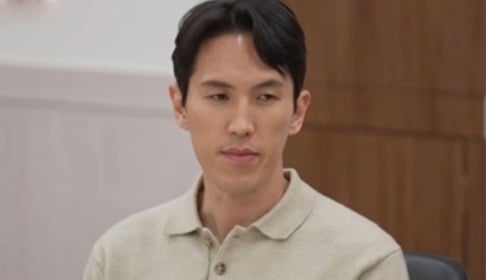
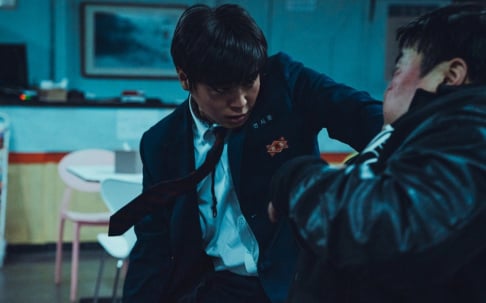
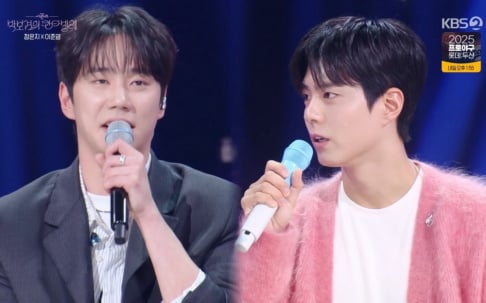


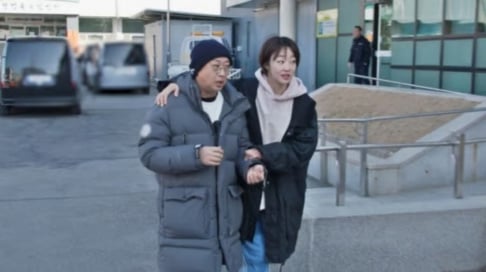
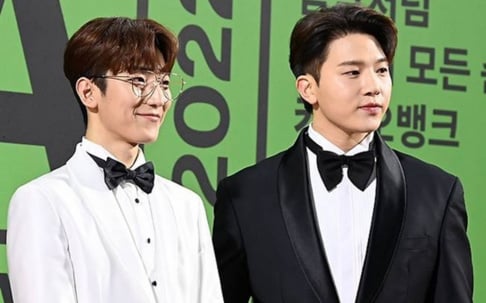
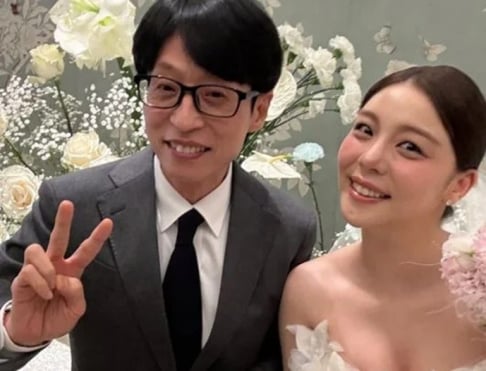
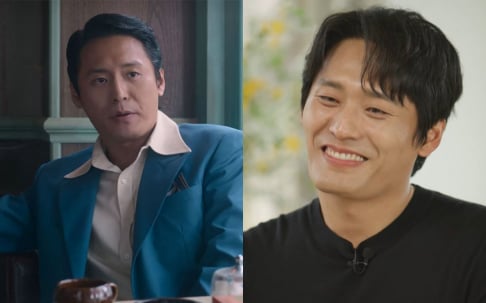
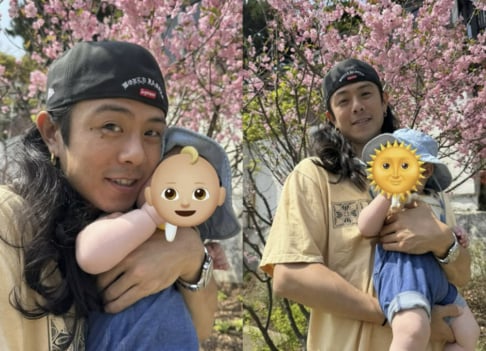
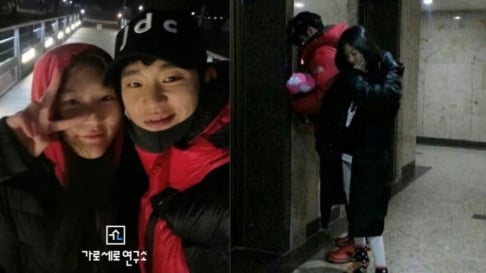
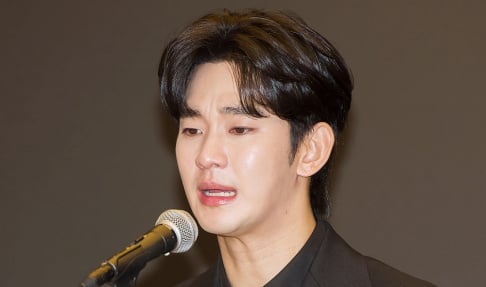
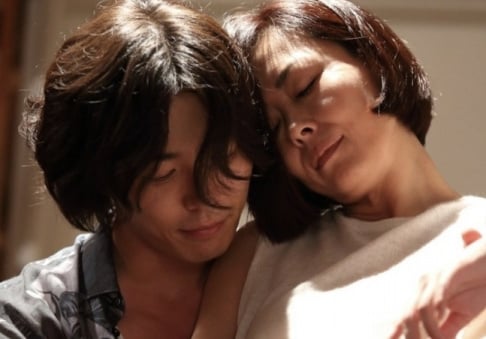




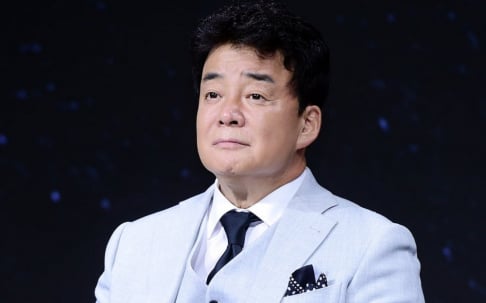
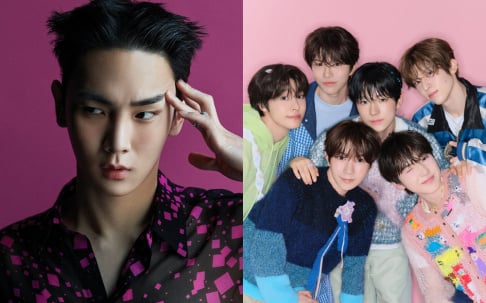
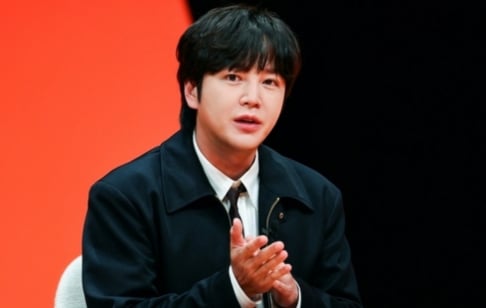



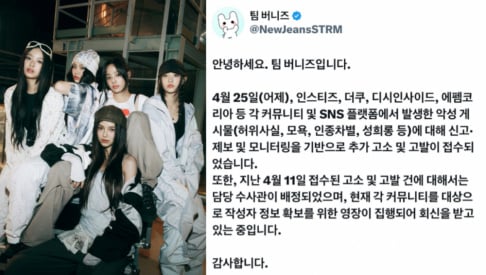










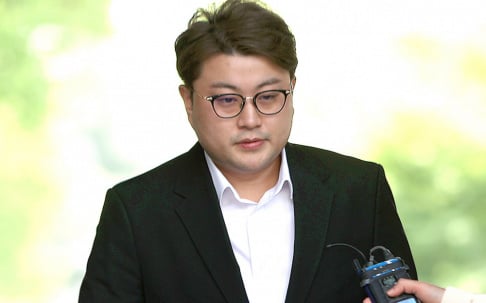










Log in to comment